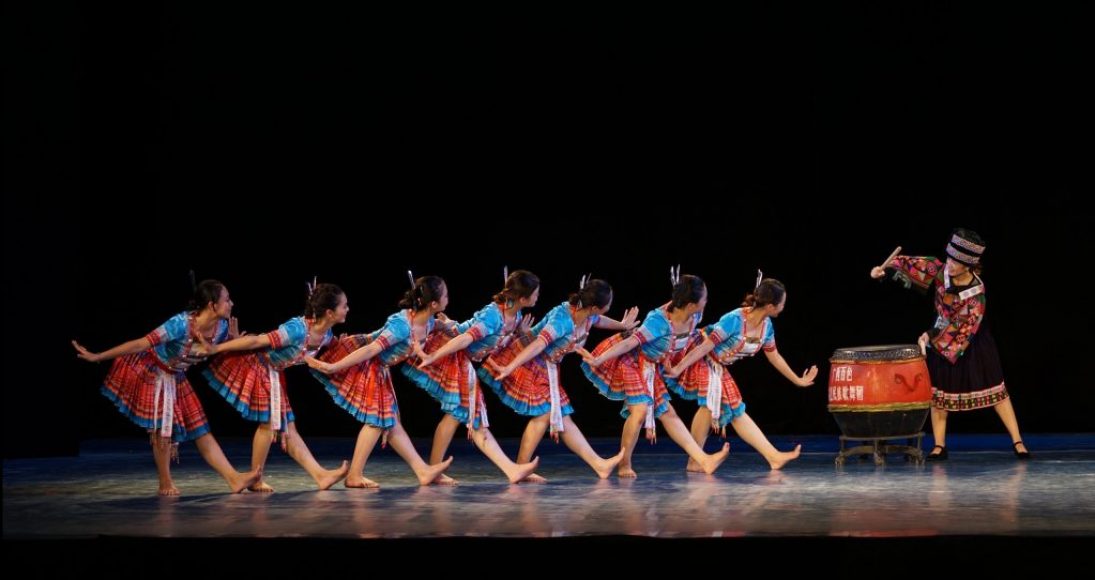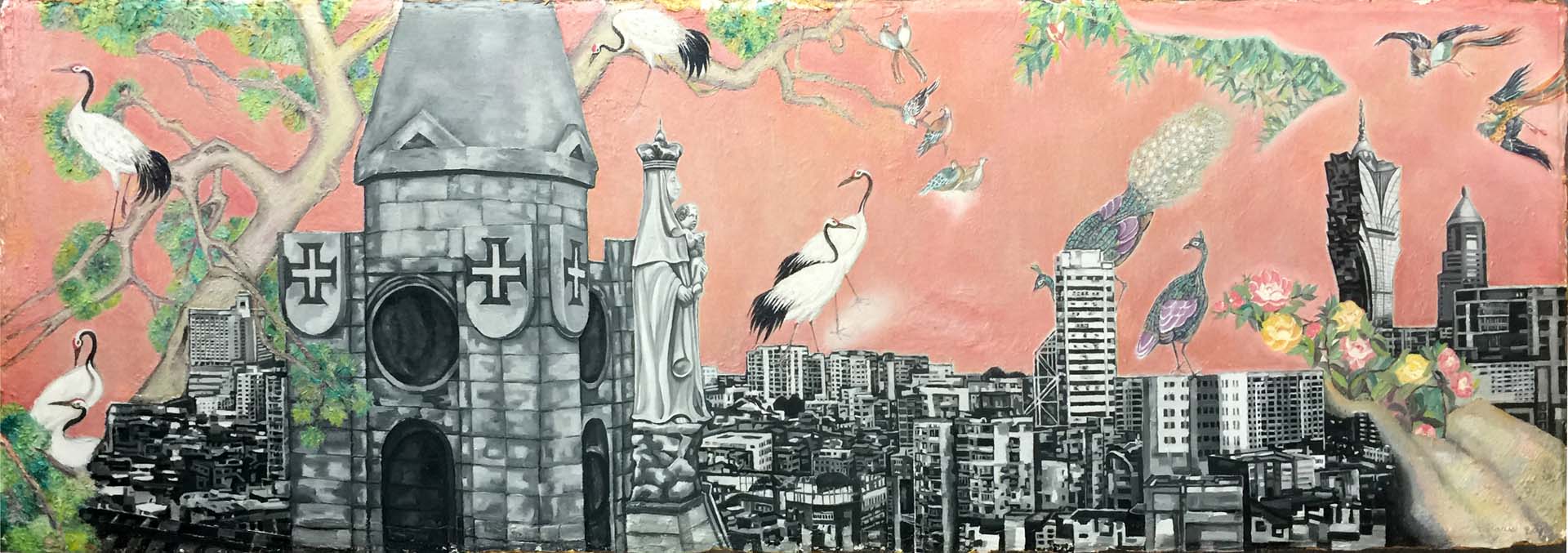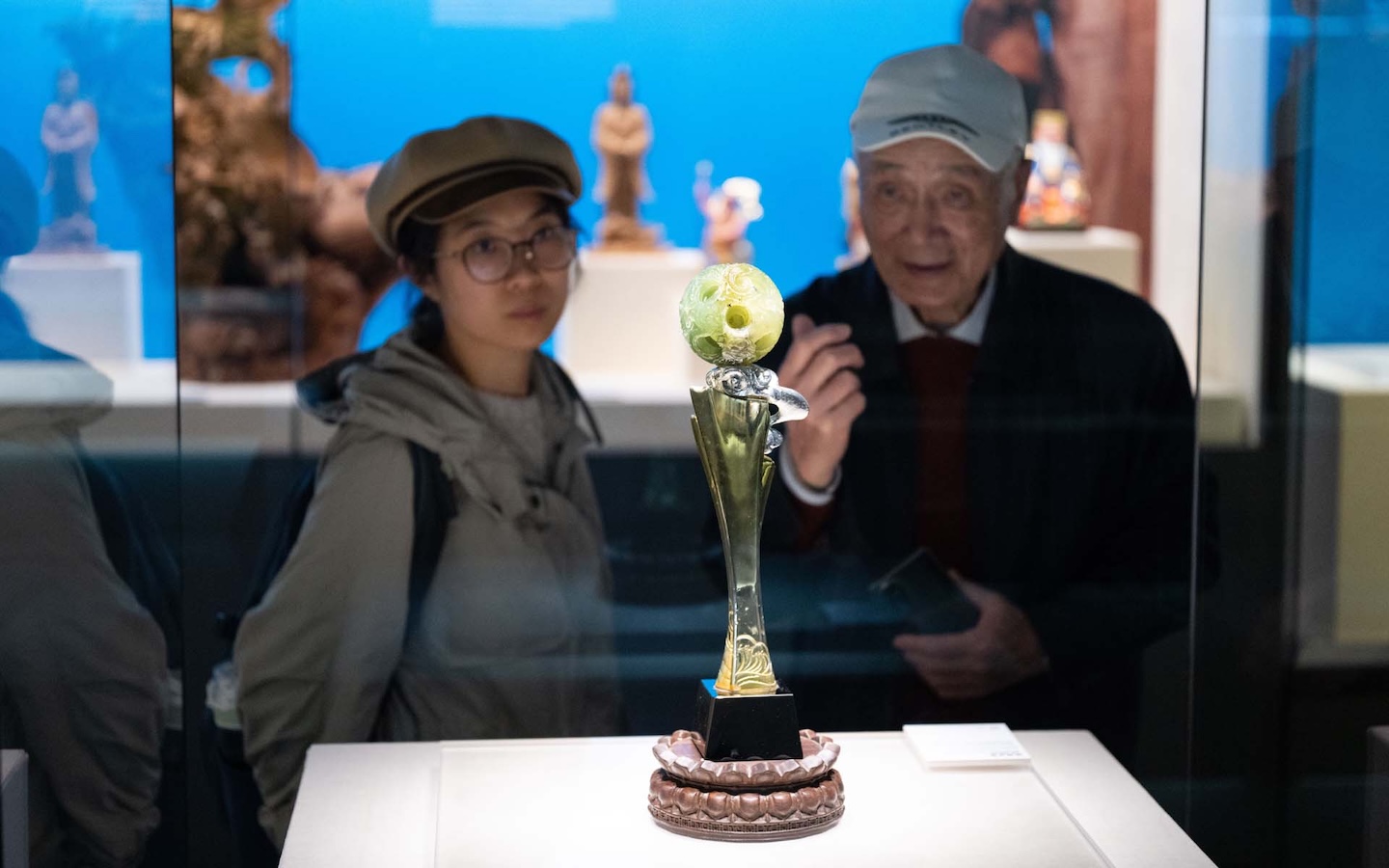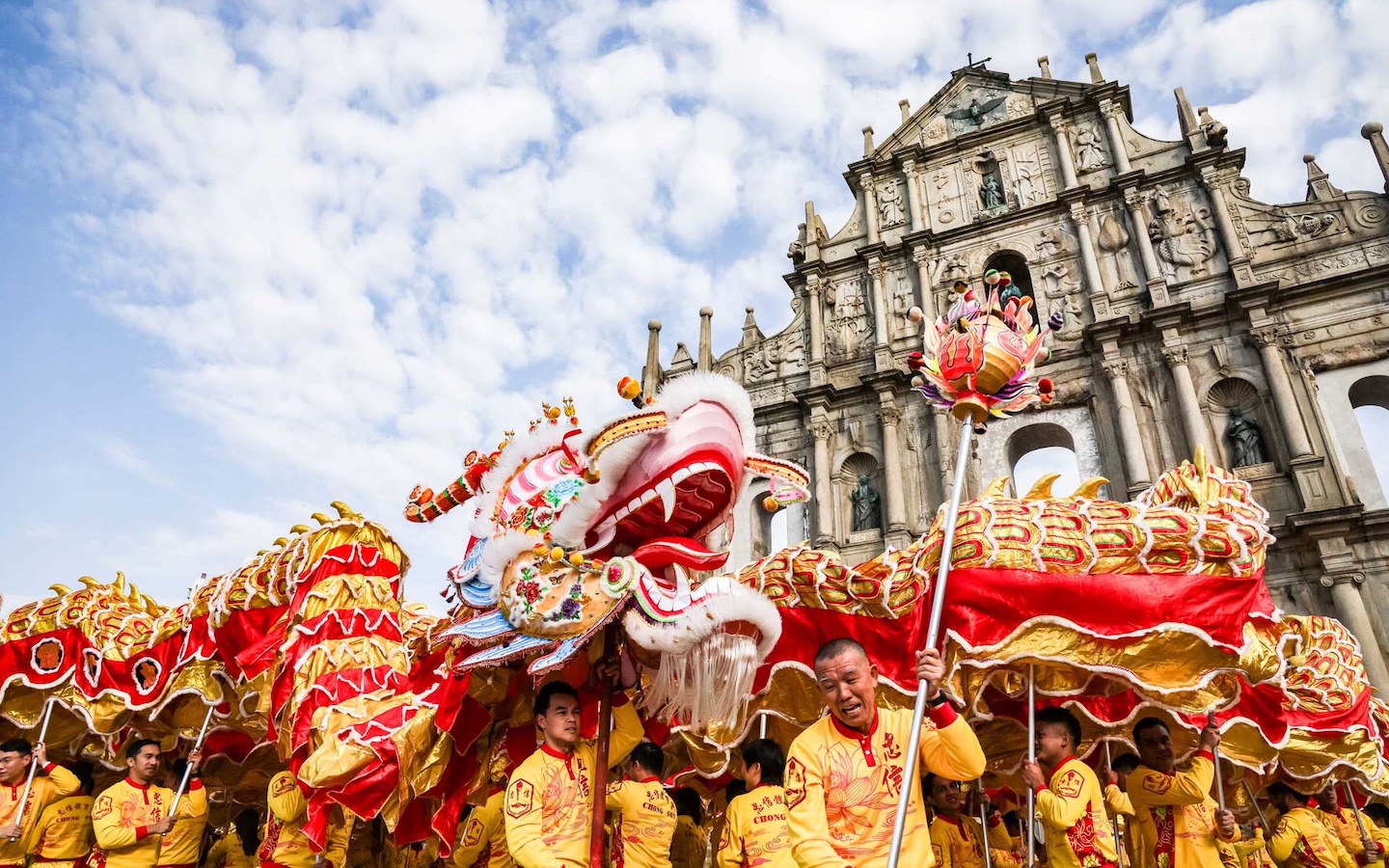This October, Macao will host the 10th edition of the Cultural Week of China and Portuguese‑Speaking Countries, organised by Forum Macao.
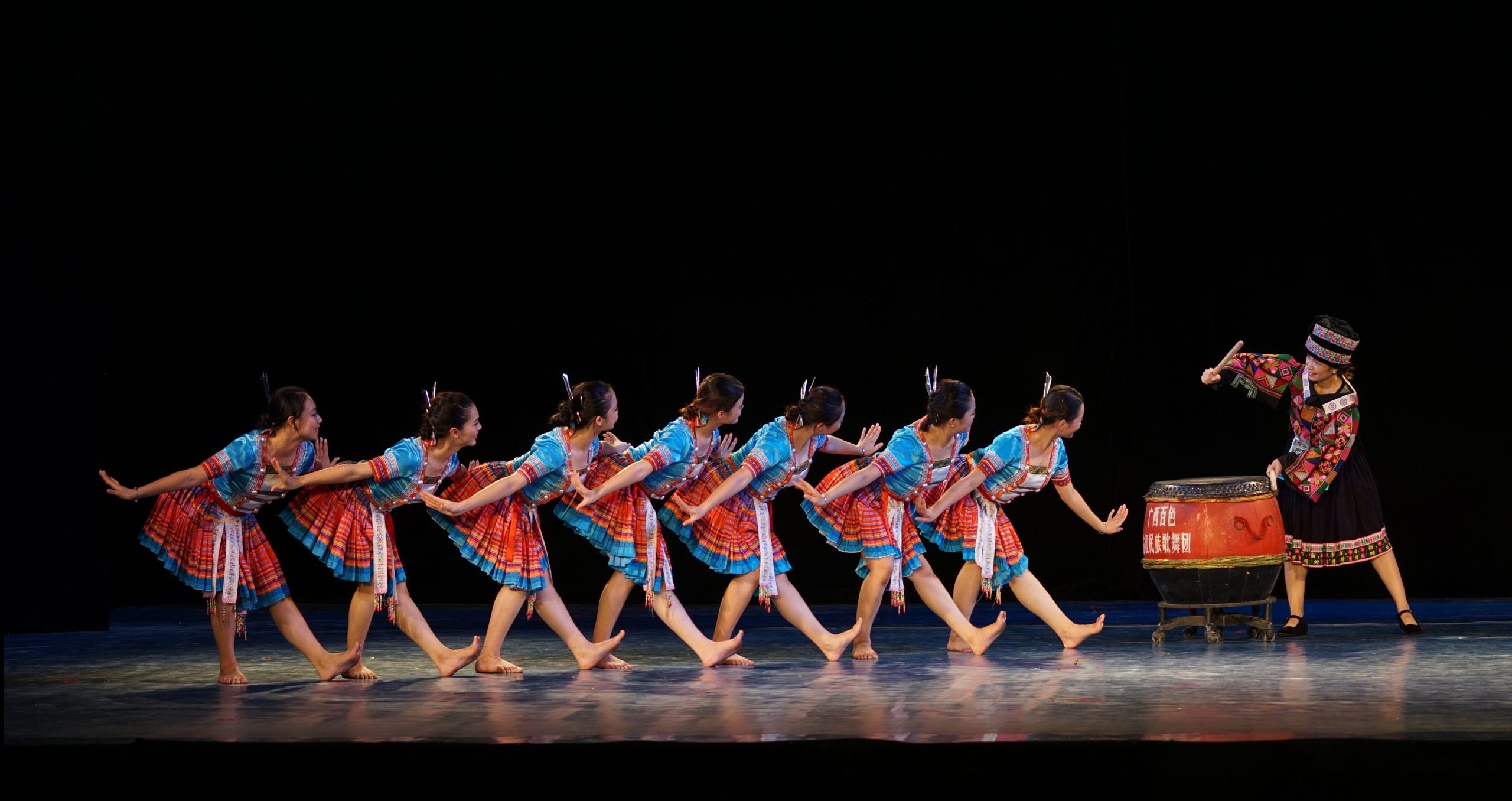
Painters, sculptors, writers, musicians, dancers, singers, and chefs from Angola, Brazil, Cabo Verde, Guinea‑Bissau, Timor‑Leste, Mozambique, Portugal, São Tomé and Príncipe, China, and Macao will gather in the city to show off the best of their countries or regions.


The nine‑day event, 9–18 October, will usher in a huge diversity of activities with colours, smells, sounds, and dialects that offer residents and tourists alike a glimpse of the full spectrum of cultural richness within the Portuguese‑speaking world.
Since the creation of the Forum Macao in 2003, the representatives of member countries have taken an active role in the ministerial conferences, defending the increasingly important role in cultural relations, exchange of experiences and the promotion of artistic groups and companies of cultural industries of the countries participants in Forum Macao.
At the most recent ministerial conference, held in Macao in 2016, the ministers in attendance gave more impetus to cultural relations, aiming to strengthen the exchange and co‑operation between institutions and professionals in the cultural area of the member countries of Forum Macao.
They also agreed to support the development of invited artists’ projects, the direct and long‑term co‑operation of the cultural institutions of the countries participating in Forum Macao, and to undertake studies on the training of qualified professionals in cultural management, as well as cultural and artistic areas of the Portuguese‑speaking countries of Africa and Asia of Forum Macao.
Each delegate from the member countries has committed to bring to Macao representatives of their cultures who can establish the necessary bridges for the development of cultural relations among themselves and with China.
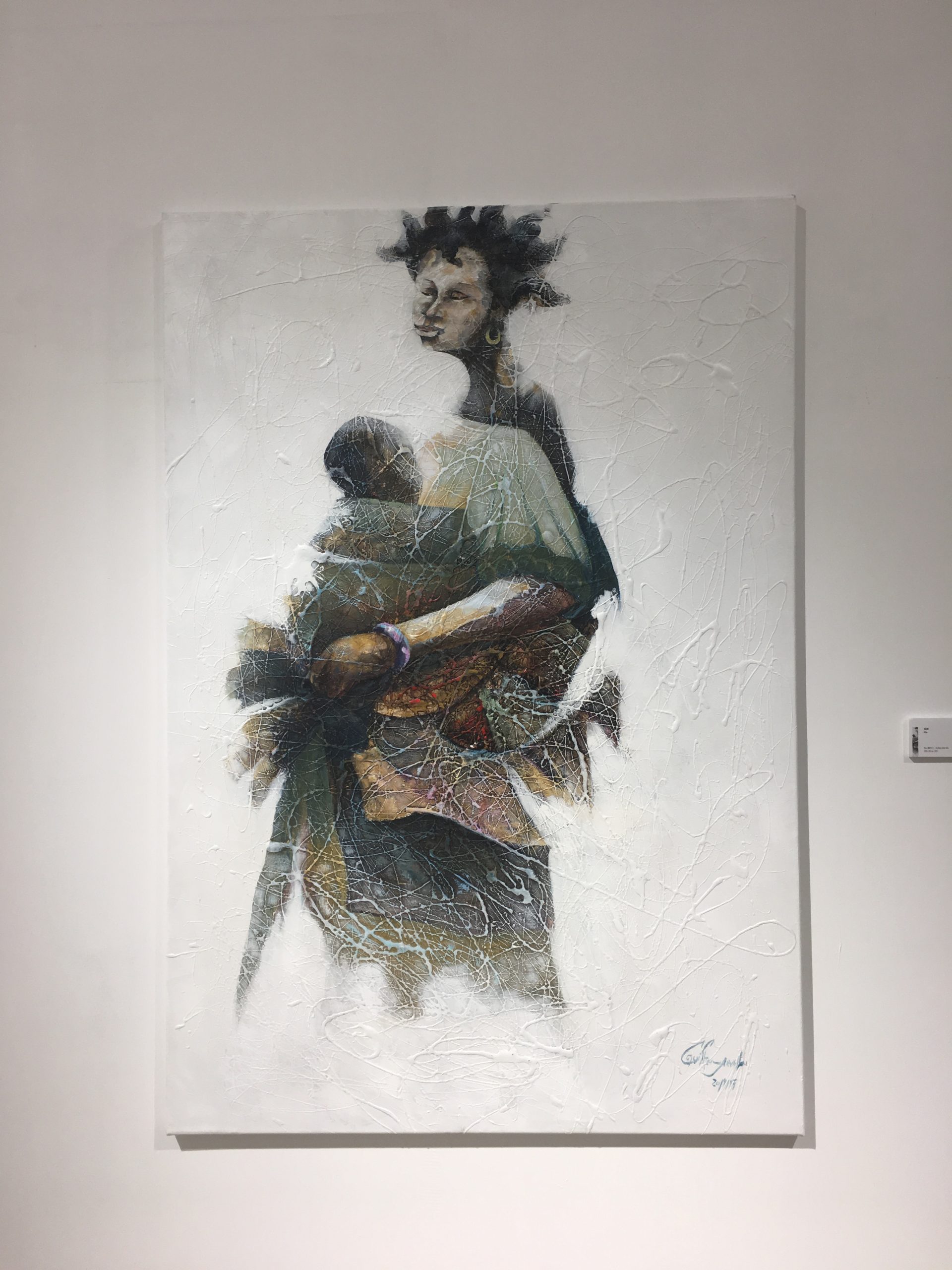
Cabo Verdean delegate Nuno Furtado noted that “Cabo Verde is a country that lives the culture, in all its dimension. A culturally rich country that has been able to take advantage of this factor, to transform culture into an attraction for the country while at the same time it has managed to occupy many international stages, through language, art, handicraft, music, literature, dance, and gastronomy.”
Furtado considers shared language “one of the most important mechanisms” in the development of strong relations between China and Portuguese‑speaking countries. “The Cultural Week is a stage of excellence in this multilateral relationship, of interculturality among our peoples.”
For the Mozambique delegate at Forum Macao, Francisca Torcida Reino, “Lusophone culture is a project, an ideal, constantly under construction, which has brought us together.” Shared language, she believes, has been instrumental in a developing clear and informed understanding of each member country. Their vision for this project, however, centres of highlighting unique qualities in the form of art, dance, and painting.
“Lusophony is an emerging political‑social identity forged in cultural diversity and is shaping new and innovative forms of artistic production that nurture and drive the creative industry by exploiting our value systems rooted in our rich traditions. Lusophony means ‘diversity in unity,’ in which language is the vector of political and social identity, and difference is the factor of oneness.”
Maria João Bonifácio, delegate of Portugal to Forum Macao, believes that “culture shapes our identity and influences our behaviours, and cultural diversity makes us accept, and even to some extent, integrate and assimilate with other cultures. Cultural diversity is crucial in today’s world.”
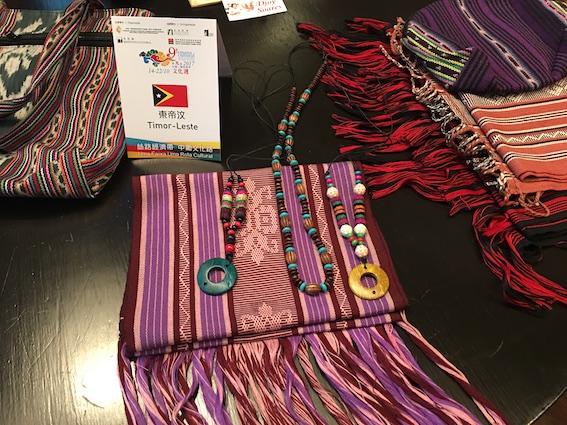
For Bonifácio, understanding the Portuguese‑speaking countries’ culture and language is fundamental for the development of trade, tourism, co‑operation and investment. “The cultural sector helps support the economy through innovation, creativity, specialised services, customised products, information, technology, and education.”
One illustration of the importance of cultural exchange and communication between governments and nations is the Belt and Road Initiative. “Macao, through its unique cultural characteristics and connection to the Portuguese‑speaking countries, is a natural point of encounter of the Lusophone culture and contributes to the consolidation of the region as a platform for Sino‑Portuguese cultural exchange and co‑operation.”
Gualter Vera Cruz, representative of São Tomé and Príncipe, said that “the different customs [on display at Cultural Week] constitute one of the fundamental pieces in the relations between people. The culture has great social and economic importance and, for that reason, capacity for co‑operation, generating financial wealth and jobs.”
For Forum Macao’s newest member country, the Cultural Week represents a prime opportunity to strengthen ties with other countries and to showcase their own culture, with the potential to increase tourism to the African archipelago.
The Cultural Week offers also a unique opportunity for residents and tourists to contact new cultures, new ideas and new philosophies of life.
